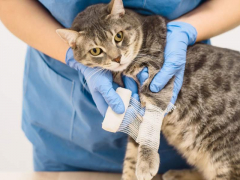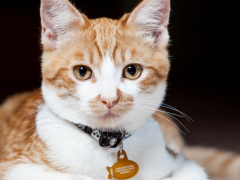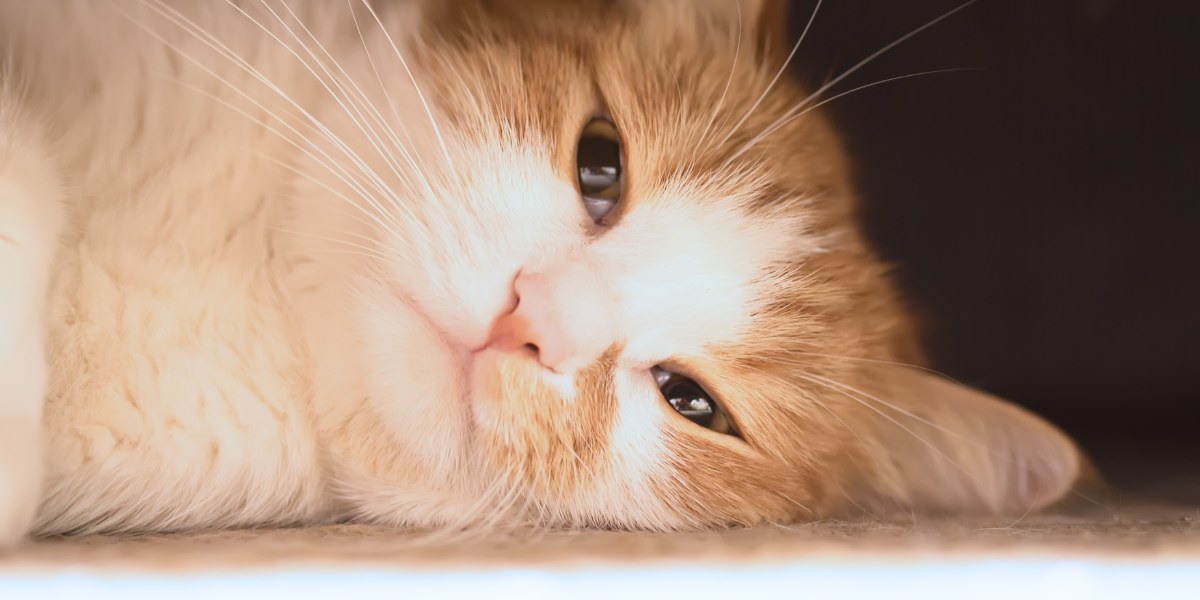
Losing a pet is tragic, it’s often difficult on the entire family including a cat that’s attached to the deceased pet or carer.
According to a few studies plus owner’s personal accounts, positive and negative responses are witnessed in cats that lose a pet or human companion. Similarly, no changes of any kind have also been reported which can sound unpleasant for a grieving owner, however similar to humans, there isn’t a set way to mourn and it’s hard to predict how your cat will feel after they lose a companion.
If you recently lost a treasured relative or a pet and believe your cat is depressed or grieving at their loss then this article is devoted to you.
Do Cats Experience Grief?
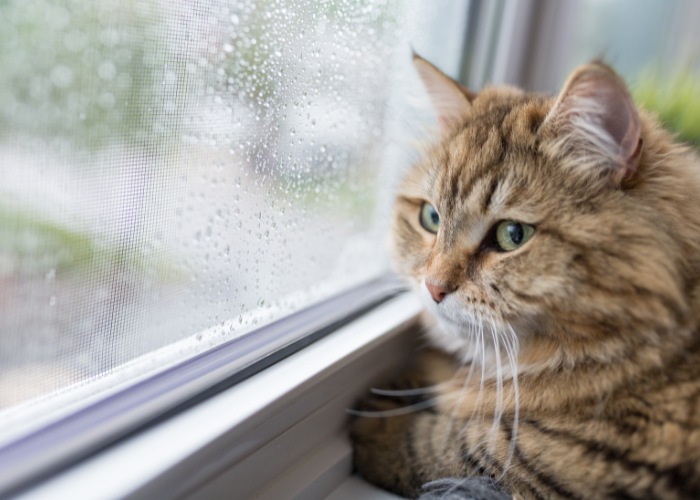
If your cat is limping, you shouldn’t automatically assume it’s fake. You owe it to your cat to first make sure they’re not actually injured.
Considerable progress has been made over the past several decades to understand canine cognitive abilities, however, cats lag far behind in similar research. Nevertheless, it’s been demonstrated that cats form authentic attachment bonds with their owners and other species.
In terms of behaviour, the structure of the cat’s brain suggests that felines live more within the moment than people do, not pondering on the past nor planning for the future.
Though cats have rich emotional lives, felines are incapable of feeling emotions like jealousy, guilt, empathy and grief (Bradshaw, 2018), however this doesn’t mean that cats cannot experience relational emotions since cats do appear to grieve for a missing human or companion animal with noticeable behavioural changes influenced by the panic-grief motivational system.
Causes of Grief in Cats
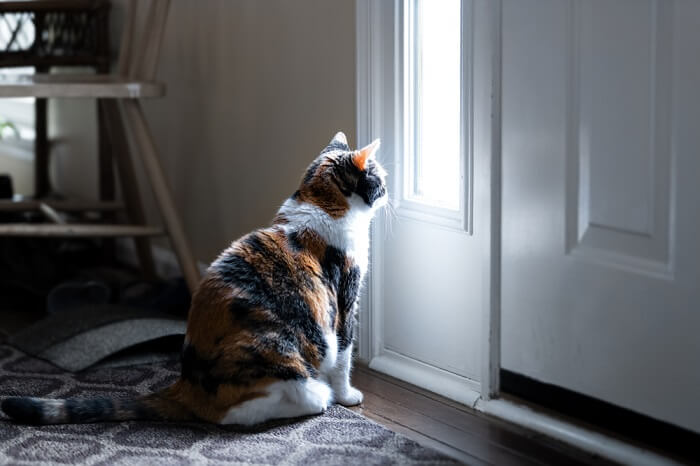
One of the common reasons for grief in cats is the passing of a beloved dog or a bonded pet. This can disturb your cat and cause grief particularly if she witnessed them dying at home.
Grief occurs as a consequence of unforeseen detachment to a bonded individual or an animal. The most common causes of grief can be attributed to:
1. Unexpected Death of a Littermate Due to Illness/Accident
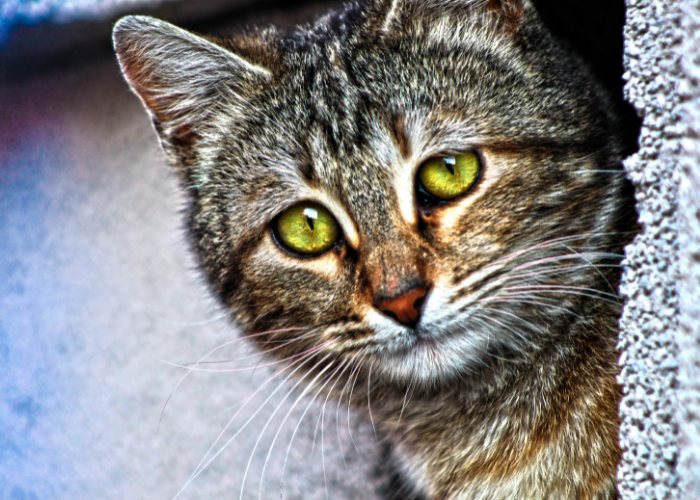
Typically littermates raised together have an unbreakable relationship that cannot be replaced if one sibling unexpectedly dies from illness or an accident. The surviving cat missing their littermate may explore for and call out to the absent sibling for weeks.
2. Rehoming of a Cat Companion
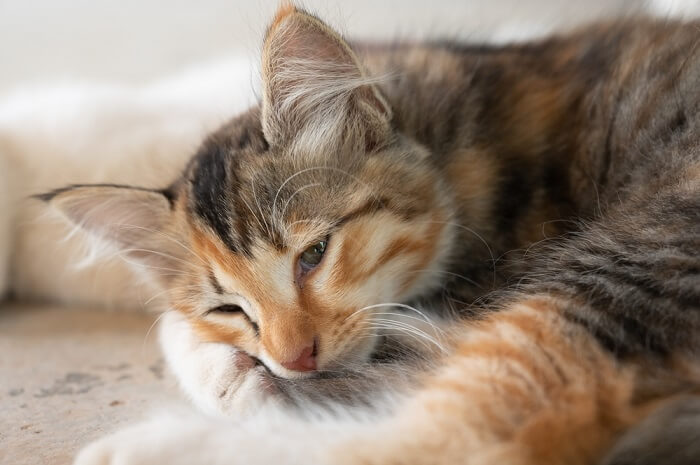
Even felines in multi-cat homes who encounter conflict along with inter-cat aggression may grieve the rehoming of a companion cat. We had a case during which the female cat refused to use the shared cat tree plus would search/sniff every room and object that belonged to the missing cat for a week despite the strained relationship.
3. Passing of a Beloved Family Pet
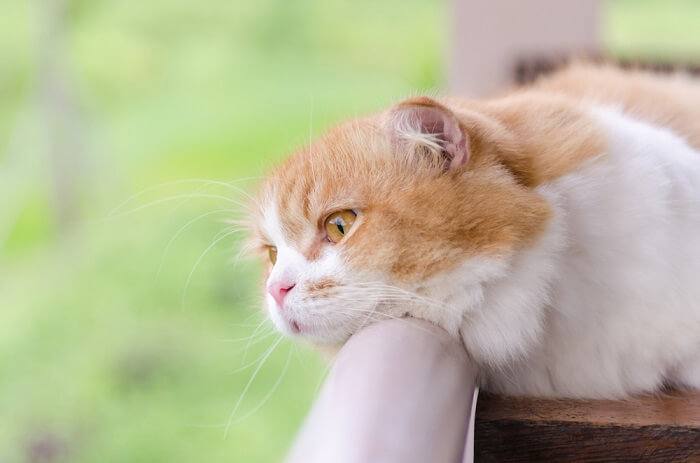
The passing of a beloved dog or a bonded pet could cause grief particularly if your cat witnessed them dying at home. Certain cats can respond adversely to the smell of the body and will show fear response to the room in which their best friend has died.
4. Loss of an Owner/Carer
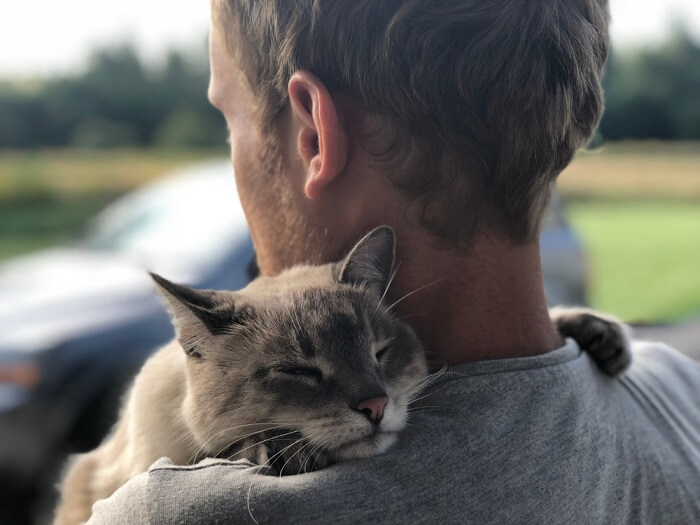
Do cats grieve for their owners? We often get asked to assist rehome cats who either lost their owner because of illness or the companion has relocated to an aged care facility.
Cats only mourn for close carers, so it’s common for the remaining cat to withdraw from human social activities with noticeable changes to their appetite combined with increased vocalizations.
The depressed cat is also susceptible to separation related problems as well as heartache, so it’s necessary to find them an appropriate home as soon as possible.
5. Mother Cat Grief Over the Passing or Separation of Her Kittens
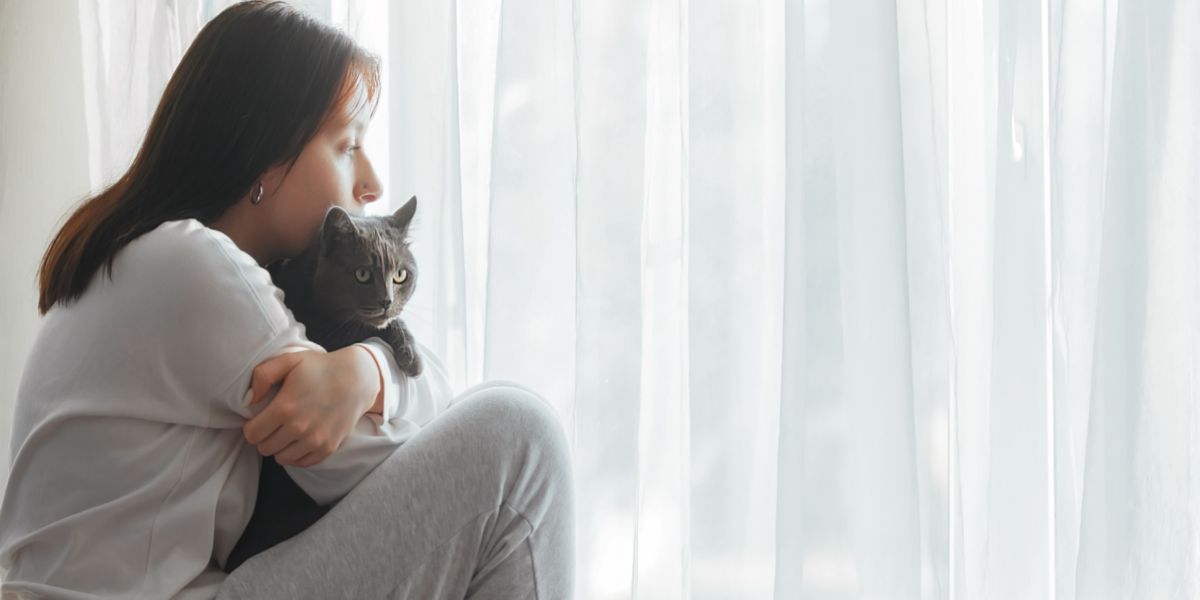
Kitten mortality are a cause of anguish to owners and also the queen. The mother cat may grieve for her kittens in case of death or premature separation hence it’s important to let the queen accomplish the weaning process naturally.
Weaning has a significant impact on nursing together with behavioural growth through the development of necessary survival skills. It’s not always simple to determine the reason of early death in kittens, nonetheless, the queen should remain relaxed to minimise anxiety and suffering.
Signs and Symptoms of Grief in Cats
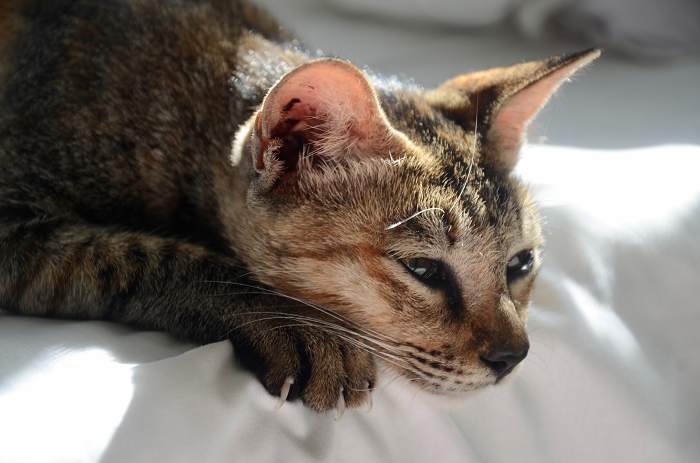
Grieving in cats will usually manifest in three stages: restlessness, depression, and acceptance.
Due to the cat’s solitary nature, certain people may be surprised to learn that cats can form deep meaningful connections with one another. Even cats that hardly seem to get along may display extreme distress when separated.
From anecdotal reporting and personal client testimonies if the surviving cat displays a behavioural response, it will manifest in three stages:
1. First Stage of Grief
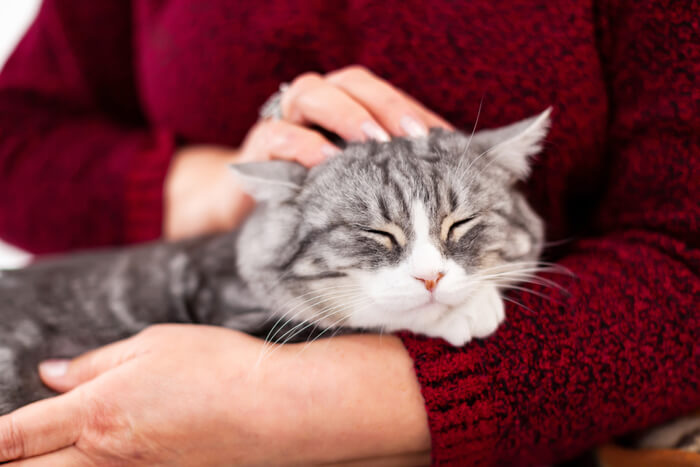
Emotional support cats help their owners cope with anxiety, PTSD, depression and other mental disabilities.
This stage is fairly short, your cat will become restless, display excessive vocalization, pace around the house looking for the absent individual, look out of windows and sniff around every room.
2. Second Stage Is Comparable to Depression

During the second stage, your cat will become withdrawn, depressed, sleep a lot and remain listless. Extremely sensitive cats may lose their appetite and appear out of sorts for several weeks, often requiring veterinary intercession to return to usual eating patterns.
3. Third Stage Is Acceptance
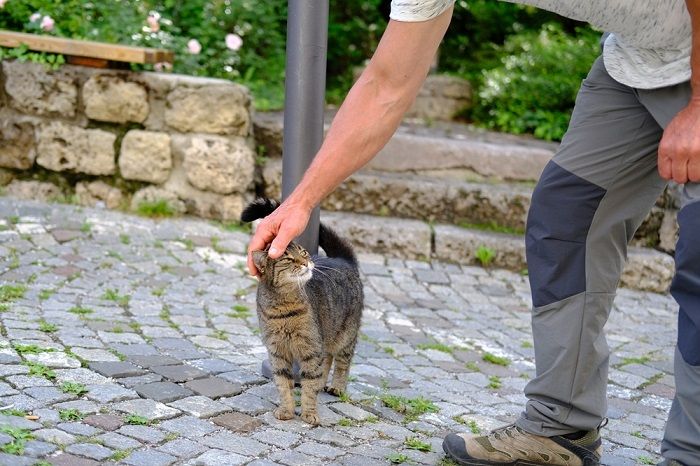
The third and final stage is that of acceptance with noticeable “personality changes”; some felines will become friendlier, clingier and crave more attention from their owners, whilst others will become louder and fuller of life.
How Long Do Cats Grieve for Another Cat?
There isn’t a typical way to respond to bereavement, some felines will show a depressing reaction for days, weeks and even months whilst others might not exhibit any kind of reaction.
How To Help a Grieving Cat?
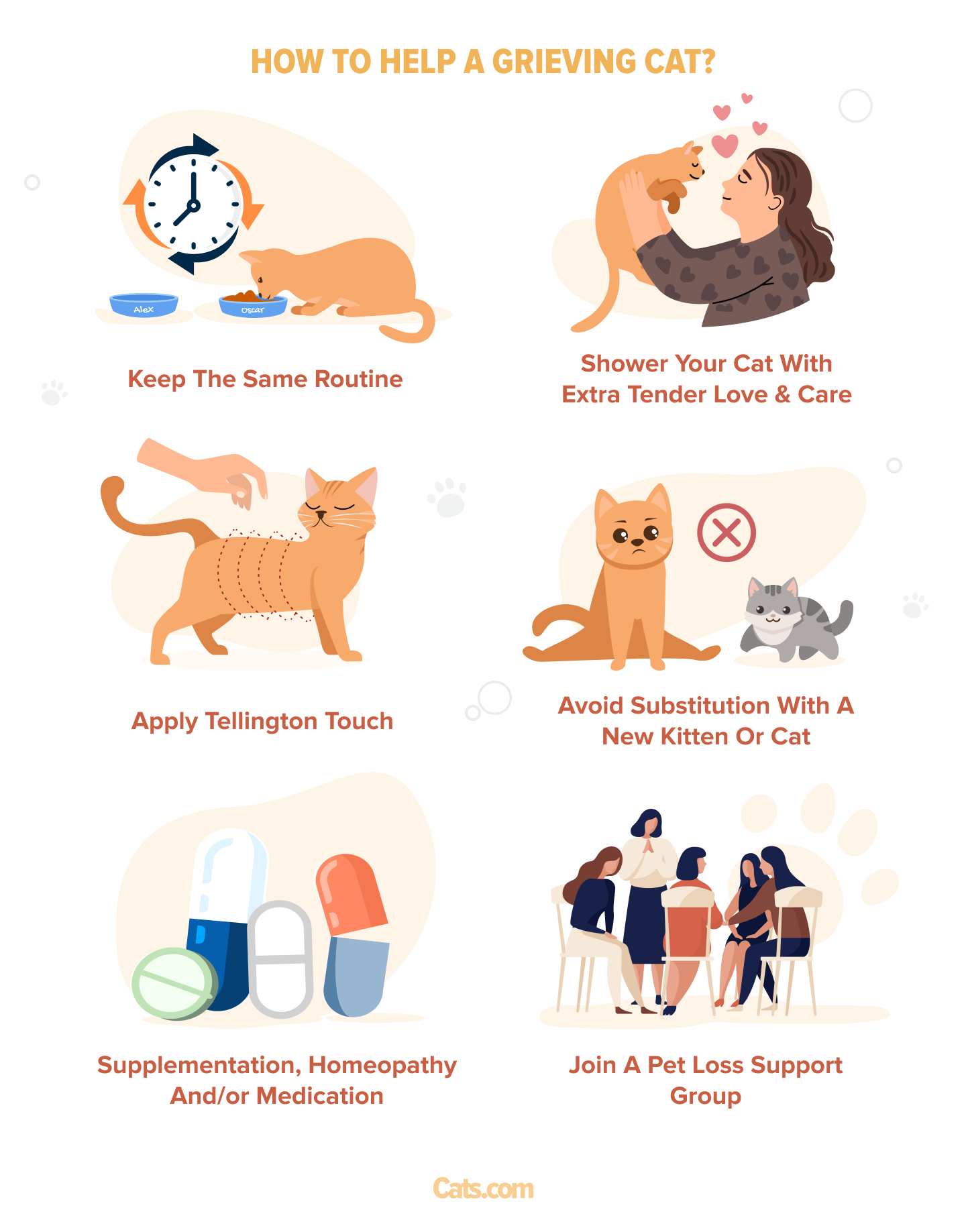
There are several things you can do to help a bereaved cat overcome the loss of a cherished human or pet companion. First it would be helpful to:
1. Keep the Same Routine
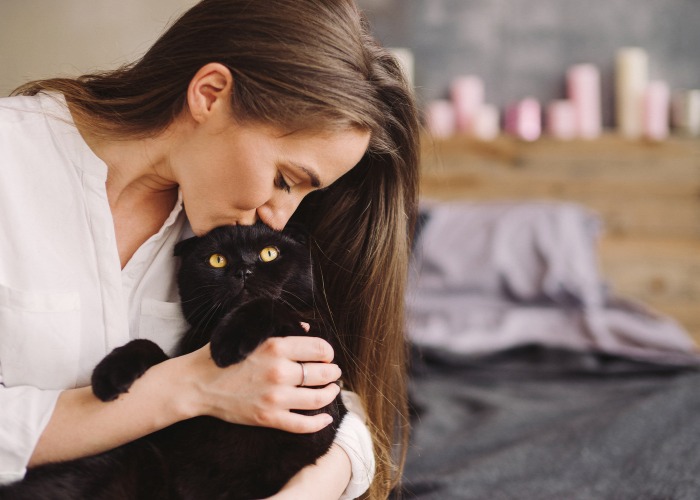
Black cat coming to your house spiritual meaning- It’s believed that keeping a black cat in your home can even offer you protection from dark or evil spirits.
Keep your existing cat’s routines as normal as possible, predictability is important especially now. Don’t rush to remove the deceased cat’s blankets, bedding or personal items, let the scent fade away naturally.
If your cat’s appetite is finicky, don’t keep changing their food to minimise creating a fussier cat, warm up their food or sit beside them during their meal.
2. Shower Your Cat With Extra Tender Love & Care
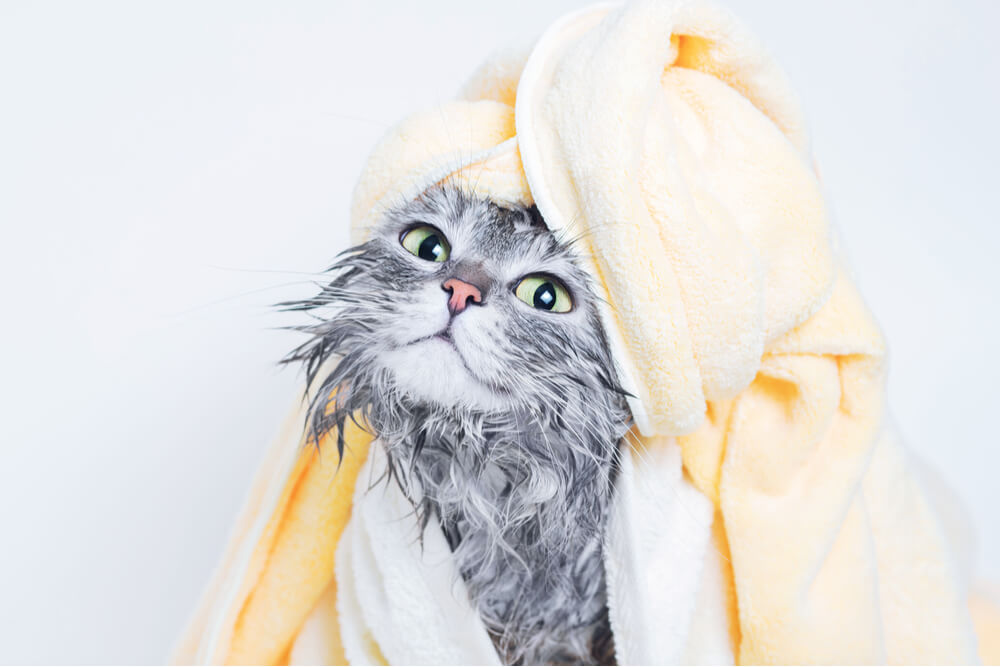
After bathing your cat, dry them off with a warm towel.
Offer your existing cat extra dedication, reassurance and plenty of TLC! allow them to initiate social contact but don’t overdo the attention since it can result in separation anxiety.
Sympathise and talk to them daily since they can pick up on your emotions, while gentle brushing can also be effective for cats who enjoy grooming. Lastly redivert their mind and enrich their environment with the use of new toys and treats while listening to harp music.
3. Apply Tellington Touch
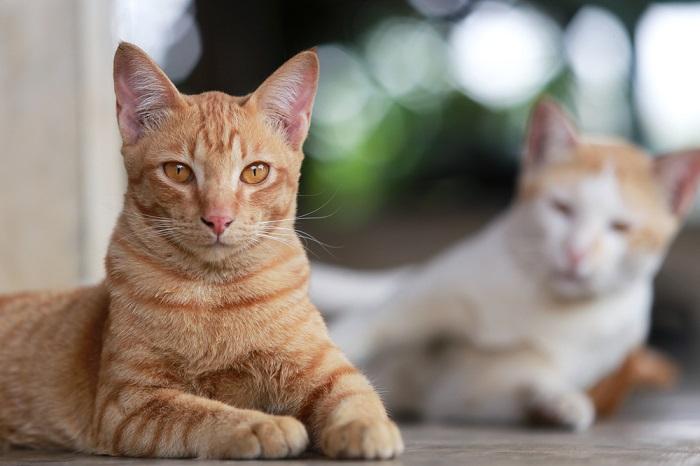
Evenings, preferably before bedtime when your cat is calm, apply Tellington Touch. TTouch was developed by Linda Tellington-Jones in 1978 as a technique of human to animal touch. The techniques used influence the central nervous system aiding relaxation and may be useful in improving the negative emotions associated with stress and depression.
4. Avoid Substitution With a New Kitten or Cat
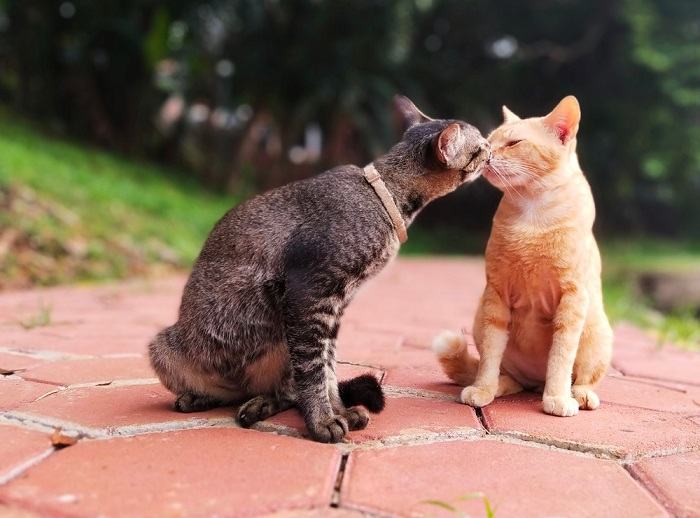
Mourning of a close bonded littermate can persist for an extended period, therefore it’s not a good idea to introduce a brand-new kitten or moggie during the grieving process since hostility to a new one may be extreme, and also the bond is unlikely to be as strong as before.
In fact, don’t get another feline to assist the grief-stricken cat unless you’re emotionally able to accept another pet.
5. Supplementation, Homeopathy And/or Medication
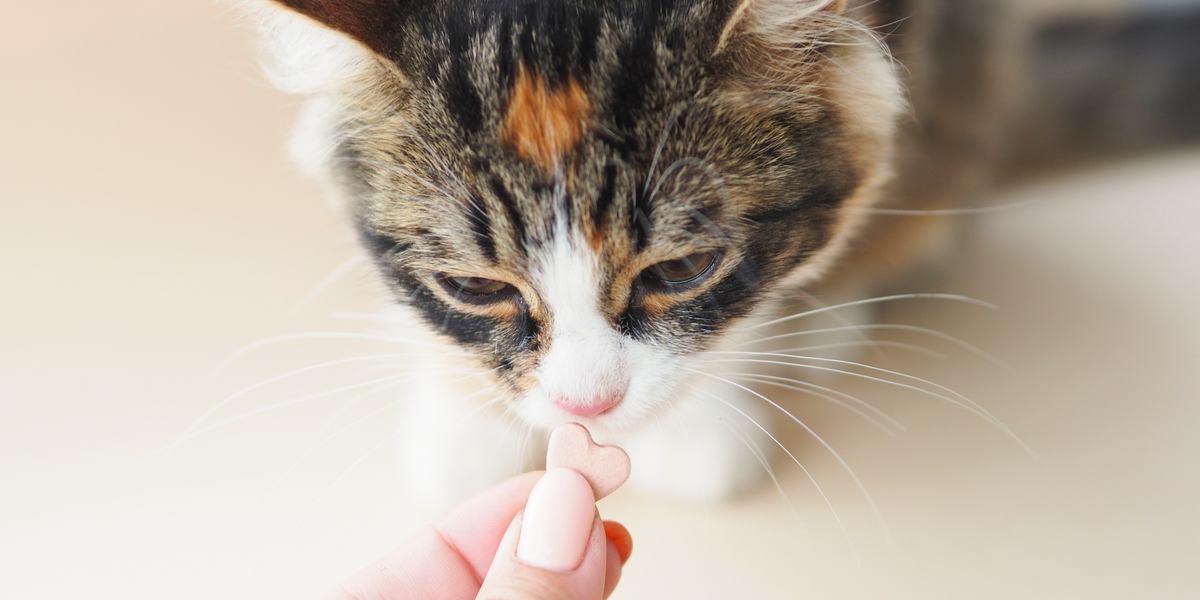
Since grief is permanent, you need to help your cat release its past and move forward either with the use of nutritional supplements, homeopathic remedies or medication. Consult a holistic veterinarian in your state.
6. Join a Pet Loss Support Group
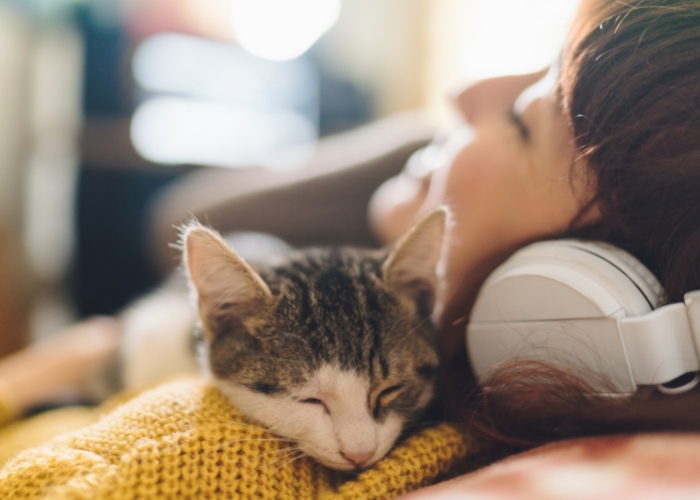
When a pet dies, the sorrow endured by pet owners afterwards is the same as that suffered after a loss of a relative. Pet Loss support groups are invaluable during bereavement providing non-judgmental help and emotional support for families after a loss of a treasured animal.
You are not alone, help is at hand, here are a few recommended Pet Loss Support Hotlines and Groups:
Conclusion
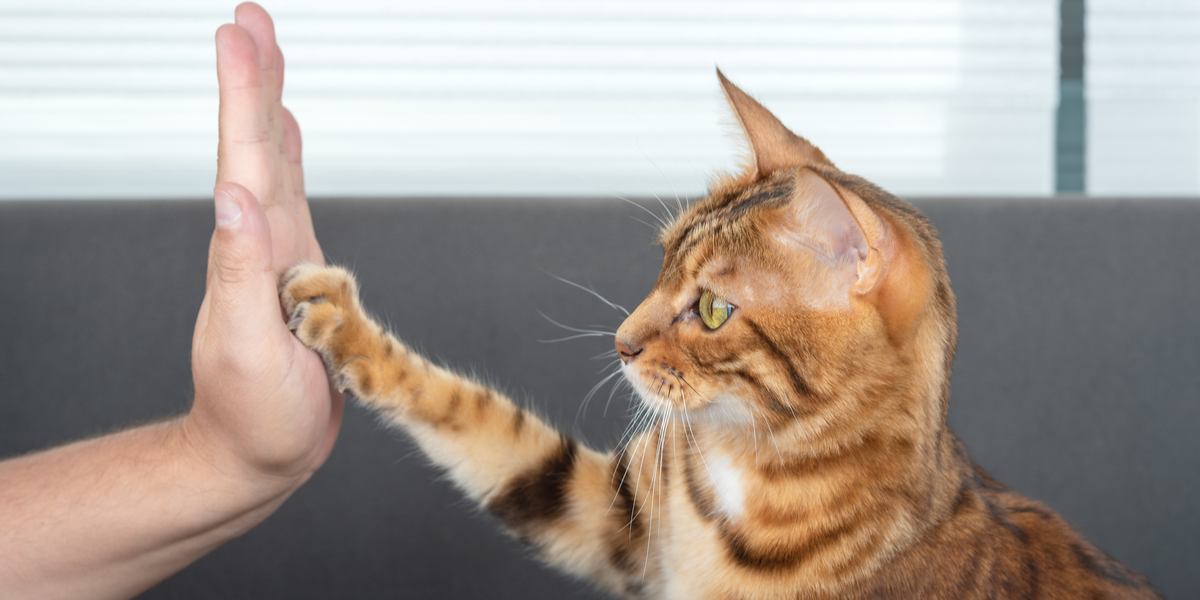
Unfortunately, pets live much shorter lives than people and death is part of the life cycle for all creatures which can’t be avoided, but it can be honoured with understanding and compassion towards our beloved cat.
-
Atkinson, T. (2018). Practical Feline Behaviour. Wallingford, Oxfordshire, UK: CABI. Retrieved November 05, 2021
-
Bradshaw, J. (2018). Normal feline behaviour and why problem behaviours develop. Journal of Feline Medicine and Surgery, 20, 411-421. Retrieved November 06, 2021
-
Care, I. C. (2018, September 26). Feline bereavement. (iCatCare, Compiler) UK. Retrieved November 07, 2021, from https://icatcare.org/advice/feline-bereavement/
-
Care, I. C. (2020, Septmeber 15). Advanced Feline Behaviour for Vet Professionals, Module 4 What do I feel and am I Ok? (ISFM, Compiler) UK. Retrieved November 09, 2021
-
Heath, I. R. (2016). Feline Behavioral Health and Welfare. St Louis, MO: Elsevier. Retrieved November 06, 2021
-
Heath, J. B. (2005). Behaviour Problems in Small Animals. Philadelphia: Elsevier Saunders. Retrieved November 08, 2021
-
Jessica K. Walker, N. K. (2016). Owners’ Perceptions of Their Animal’s Behavioural Response to the Loss of an Animal Companion. MDPI, 1-14. Retrieved November 10, 2021
